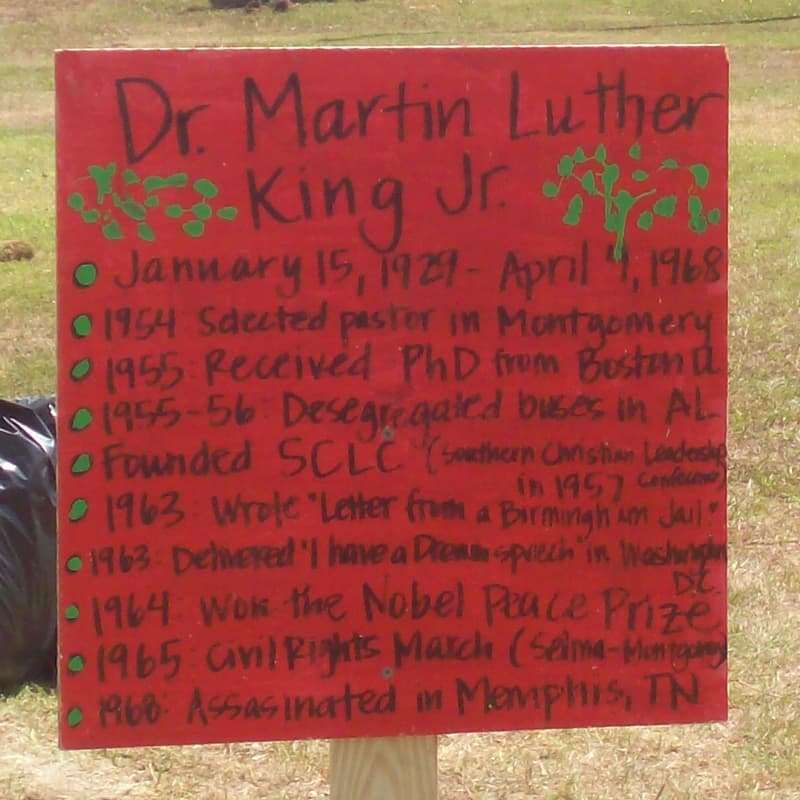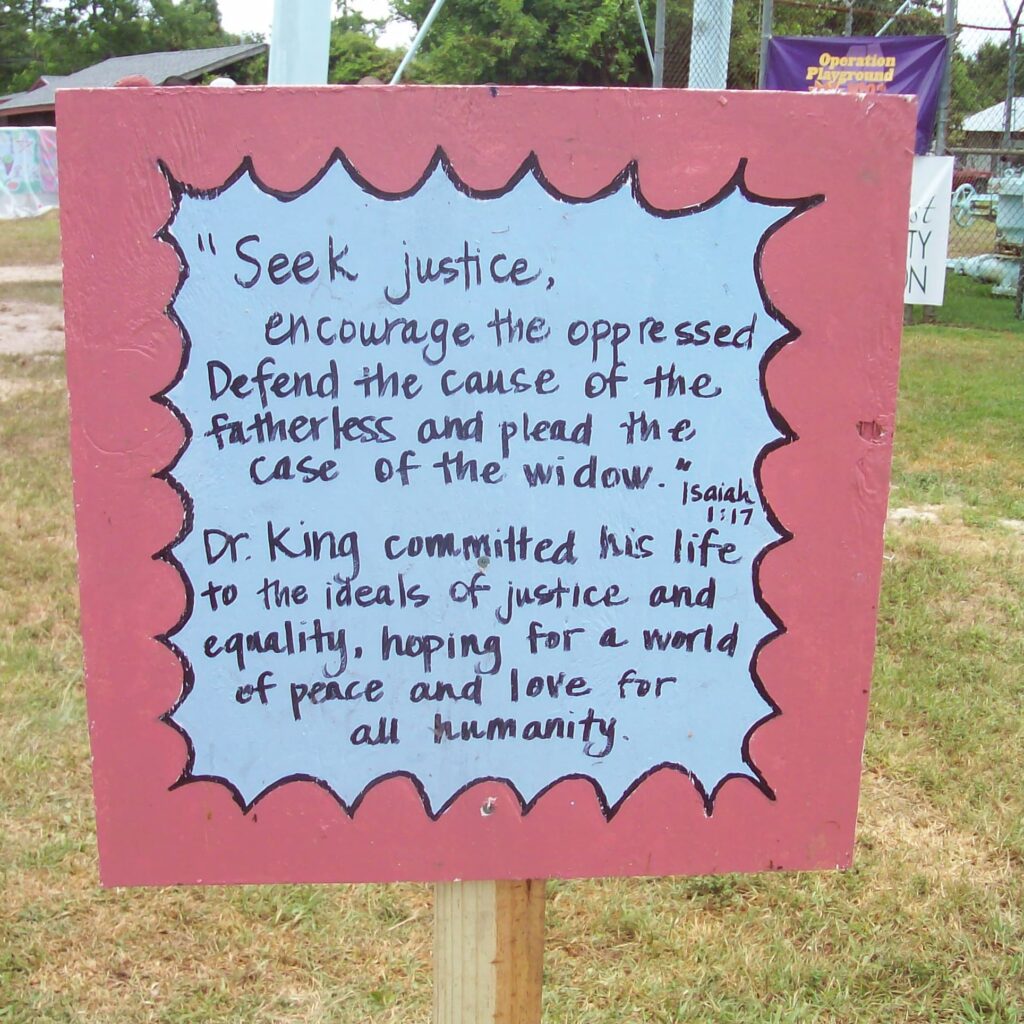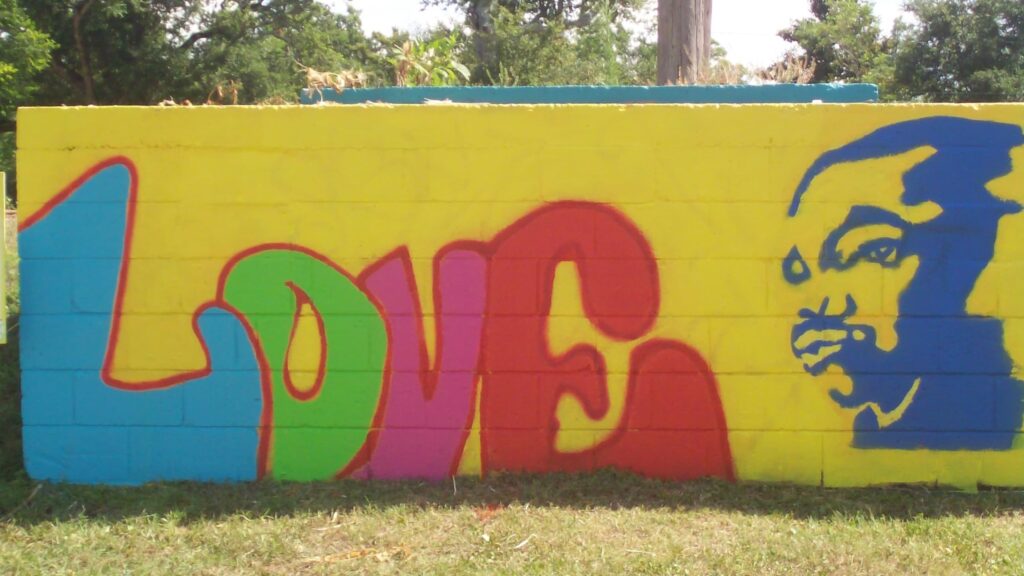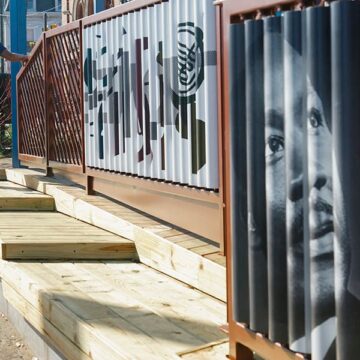Black children, who want nothing more than to run, jump, play and belong, continue to live in a very different America than their white counterparts.
You suddenly find your tongue twisted and your speech stammering as you seek to explain to your six-year-old daughter why she can’t go to the public amusement park that has just been advertised on television, and see tears welling up in her eyes when she is told that Funtown is closed to colored children, and see ominous clouds of inferiority beginning to form in her little mental sky…
Excerpt from Letter from a Birmingham Jail, Dr. Martin Luther King, Jr., 1961
The twisted ideology of white supremacy and the destructive impact it has on Black lives from cradle to grave was woven into every institution and system in this country from its inception up to today. As we pause to consider the legacy of Dr. Martin Luther King, Jr. and his immeasurable impact, the unacceptable reality is that Black kids like six-year-old Yolanda King — who want nothing more than to run, jump, play and belong — continue to live in a very different America than their white counterparts.
The economy, our healthcare and education systems and the very landscape of neighborhoods are marked by the scars of white supremacy and structural racism. A child’s race is a powerful predictor of the opportunities they are given and the outcomes they experience in every area of life.

Likewise, efforts led by Black Americans to integrate playgrounds and amusement parks have always been at the center of the broader struggle for civil rights. It was 60 years ago when tears welled up in Yolanda King’s eyes. At the time, playspaces–parks, beaches, swimming pools, amusement parks and the like–were usually segregated by law or by custom.

Inspirational signs built by the Bay St. Louis, MS community.
Legal and de facto segregation have long restricted the ability of Black families in particular to freely access neighborhoods and public space, and this includes recreational amenities. Black civil rights activists like Dr. King were successful in dismantling legal segregation, but America continues to be marked by racial exclusion and inequities.
At KABOOM!, we see the impact that systemic racism continues to have on Black kids in communities across America. Just last year, Liberty Arts Academy in Mesa, Arizona applied to KABOOM! for help building a playground. The application included a letter from a child named Kendal explaining why the school needed one. Their school’s lack, Kendal said, “…feels kinda weird because the other schools have playgrounds.” Her experience isn’t unique, either.
KABOOM! research and multiple studies show a strong link between racial demographics and the presence and use of recreational assets like quality parks, playgrounds and recreation centers.
Racial exclusion in recreational spaces has denied Black kids the benefits and simple joys of play for too long. It’s past due for us to reckon with and dismantle white supremacy in our corner of the world — spaces for play — so that kids like Yolanda and Kendal never have to feel inferior, “weird” or left out. Safe playspaces are a concrete way to advance children’s health and prospects for the future.

Building opportunities for kids is what motivates us, and we are energized by the projects KABOOM! and our corporate, nonprofit, and public partners will tackle together with this mission in mind. On this day honoring Dr. King, we are reflecting on how we as an organization can continue to learn and grow on our own racial equity journey, while redoubling our efforts to advance our mission. We are committed to ending playspace inequity, and we won’t stop until Black kids have access to places to play where they feel like they belong.
